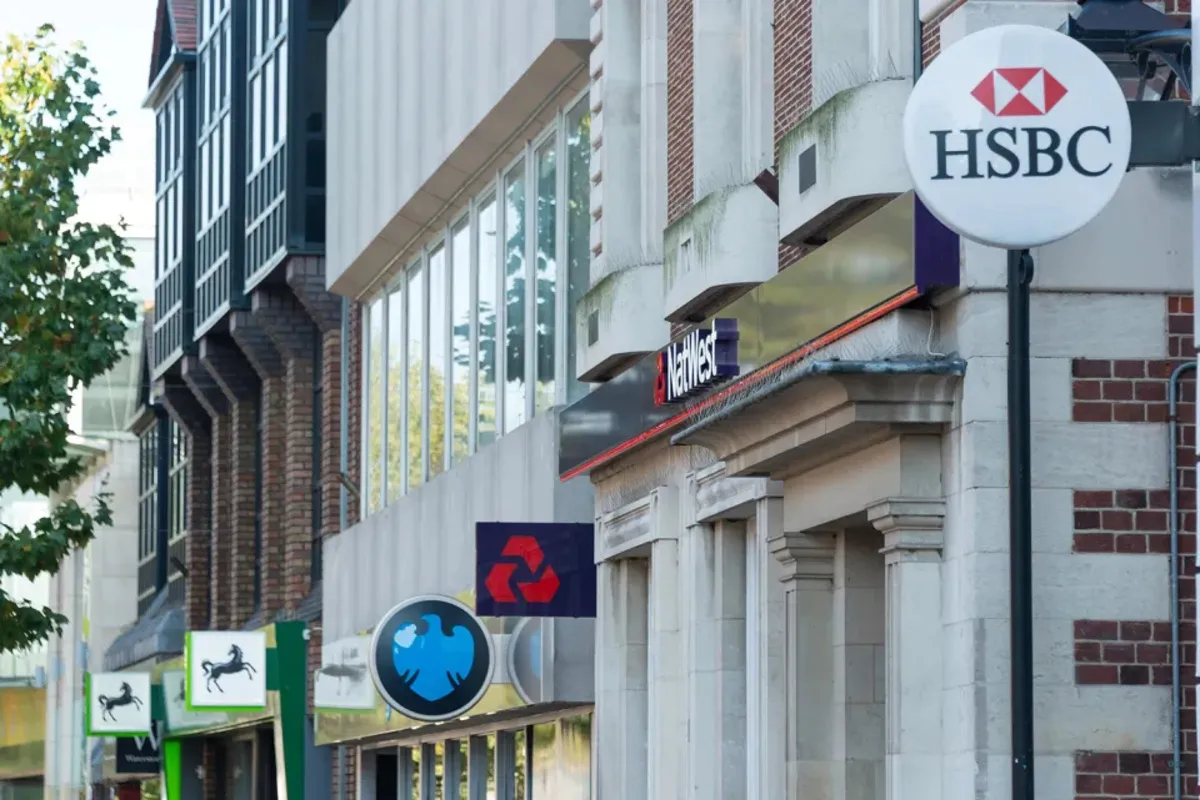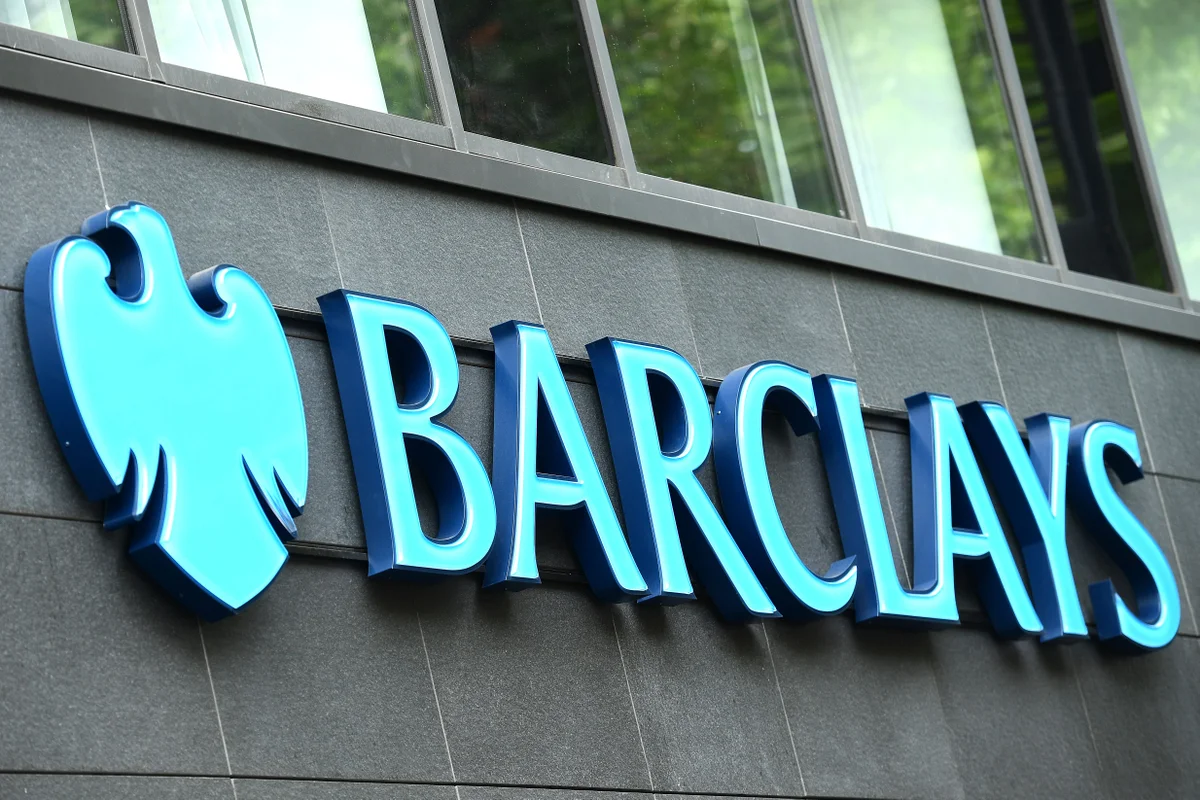By Samuel Norman
Copyright cityam

High street banks’ return to small- and medium-sized enterprises (SME) inched onwards in the second quarter.
The big banks have turned back to the area as the government clamps down on smaller firms’ difficulty accessing finance.
Top bosses were summoned earlier this year for talks with ministers covering how to improve lending to SMEs.
In the second quarter of 2025, gross lending to SMEs lending growth slashed nearly in half to eight per cent from 14 per cent in the previous quarter.
Whilst it marked the sixth consecutive quarter of loan growth, the pace took a hit, fresh data from banking industry body UK Finance has revealed.
It follows a report from the Department of Business and Trade in March revealing overall loan success rates for firms applying for bank finance were below 50 per cent – down from an approval rate of 67 per cent in 2018.
The approval rate for medium-sized companies fell year-on-year for the second quarter running despite new lending to the firms ticking up two per cent.
But lending to smaller firms shot up 28 per cent year-on-year, with a 14 per cent rise in approvals quarter-on-quarter. The value of these loans also ballooned around 15 per cent, with the average loan around the £100,000 mark.
Challenger banks take over SME lending
The SME lending space has become increasingly crowded in recent years with the entry of fintechs Allica and OakNorth and pivots from firms such as Metro Bank into the space.
Challengers now account for 60 per cent of the space, compared to 2019 where the four largest banks made up 90 per cent of lending.
The UK Finance report also noted demand for approval of new overdraft facilities was “coming off the boil”.
The number of overdrafts approved in the quarter was the lowest in the year, the report said.
But it added an earlier surge in overdrafts was likely a “precautionary measure” taken by smaller firms who were bracing for the impact of the national insurance increase.
Chancellor Rachel Reeves 1.2 per hike to employer’s national insurance contributions came into effect from April, sending ripples across the small business landscape.
But UK Finance said “overdraft utilisation rates… have remained ‘fairly static’” for SMEs, indicating firms had not drawn on them heavily.
David Raw, managing director of commercial finance, said: “There have been important changes announced in the Government’s small business strategy this summer, including the extension of the growth guarantee scheme, cracking down on late and poor payment practices, and the launch of the Business Growth Service.”



